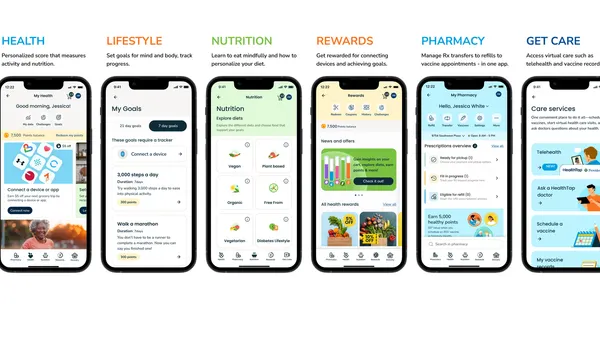Recent efforts in several of the 13 states that tax grocery purchases to reduce or do away with those taxes have seen mixed results.
Alabama Gov. Kay Ivey on Thursday signed into law a bill that reduces the state’s tax on groceries, which is currently at 4%, to 3% on Sept. 1. The bill also calls for the grocery tax to decline to 2% on Sept. 1, 2024, if tax receipts by the state’s Education Trust Fund are estimated to increase at least 3.5% year-over-year during fiscal year 2025.
Earlier this month, Ivey signed off on tax rebates — a one-time payment later this year ($150 for individual taxpayers and $300 for joint filers) that state lawmakers created to help offset the grocery tax, according to Kiplinger.
Tennessee, meanwhile, is repeating and extending its grocery tax holiday from last year. Last August, the state paused its grocery tax for 30 days. This year, the grocery tax pause will last for three months — from August through October — for most grocery items, WSMV4 reported.
At the start of this year, Virginia’s partial repeal of its grocery tax took effect, bringing the rate down to 1%. In Kansas, residents are seeing a phaseout of the grocery tax, which is currently 4% and dropping annually until it’s gone by 2025.
Other states trying to take similar measures, though, haven’t been as successful.
In South Dakota, a grocery tax repeal bill died earlier this year. Dakotans for Health, a grassroots organization, has begun collecting signatures on a ballot measure that would eliminate the grocery tax.
A proposed bill ending Hawai’i’s 4.5% excise tax on food and medicine met a similar fate.
Meanwhile, Illinois’ year-long suspension of its grocery tax expires on June 30. Before the suspension went into effect last July, the state’s governor said the suspension would result in $400 million in consumer savings.
In Oklahoma, two high-ranking Republican lawmakers told Tulsa World this spring that the state’s 4.5% grocery tax will likely continue, with one saying doing away with the grocery tax would make too much of a dent in the state’s revenue.
Proponents of grocery taxes have pointed to the revenue streams they provide governments, while opponents argue they burden consumers’ spending power.












